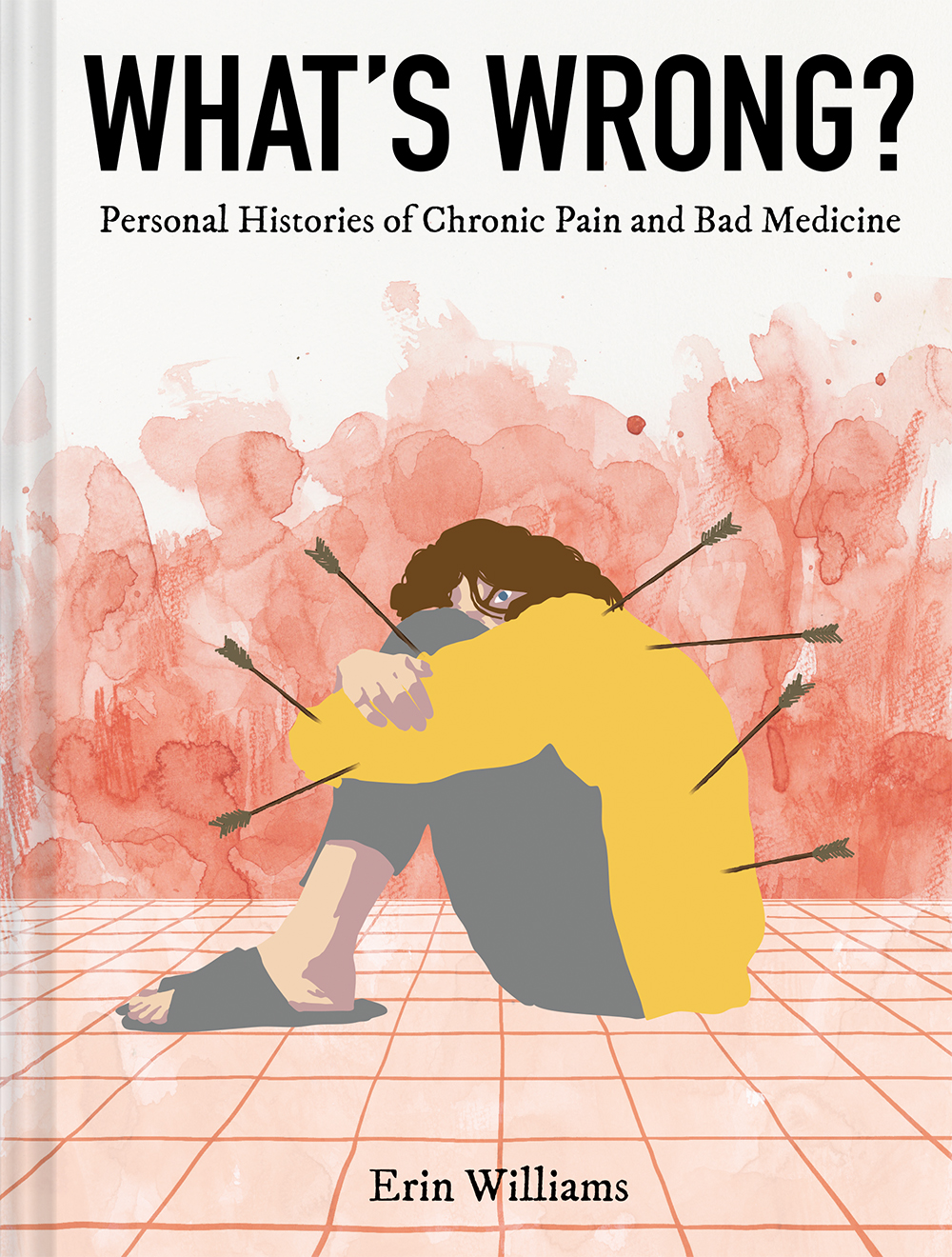What do you think?
Rate this book


256 pages, Hardcover
First published January 23, 2024
"Why do I see one doctor for my mind and one for my body? Why are they treated like two separate things? Why don't specialists across specialties talk to one another? Why did one esophageal specialist see pre-pre-cancer and the other see delicate nerves?
If medicine is science, and science is objective, why can't anyone agree on what's wrong with me?" Pg.33